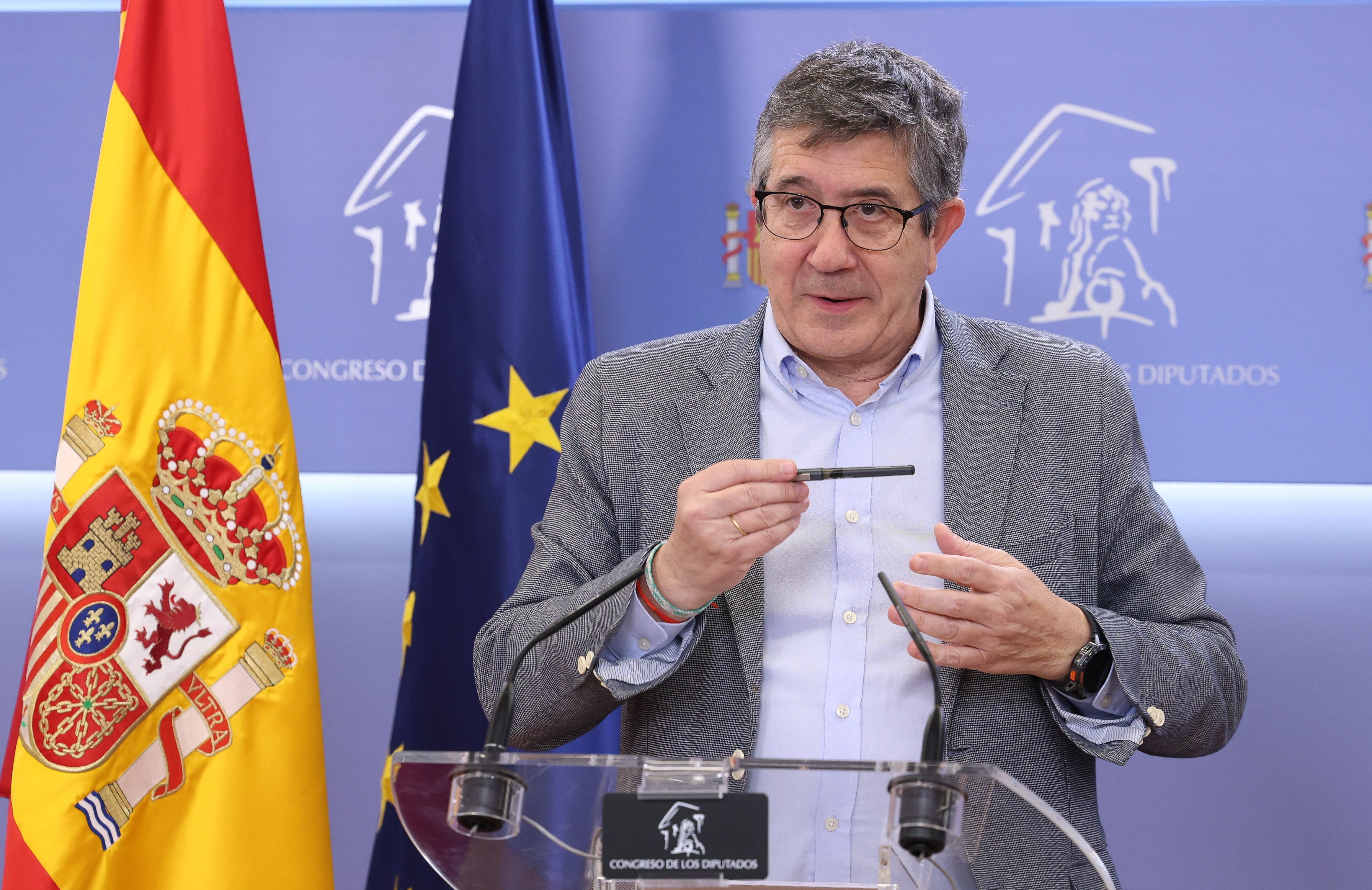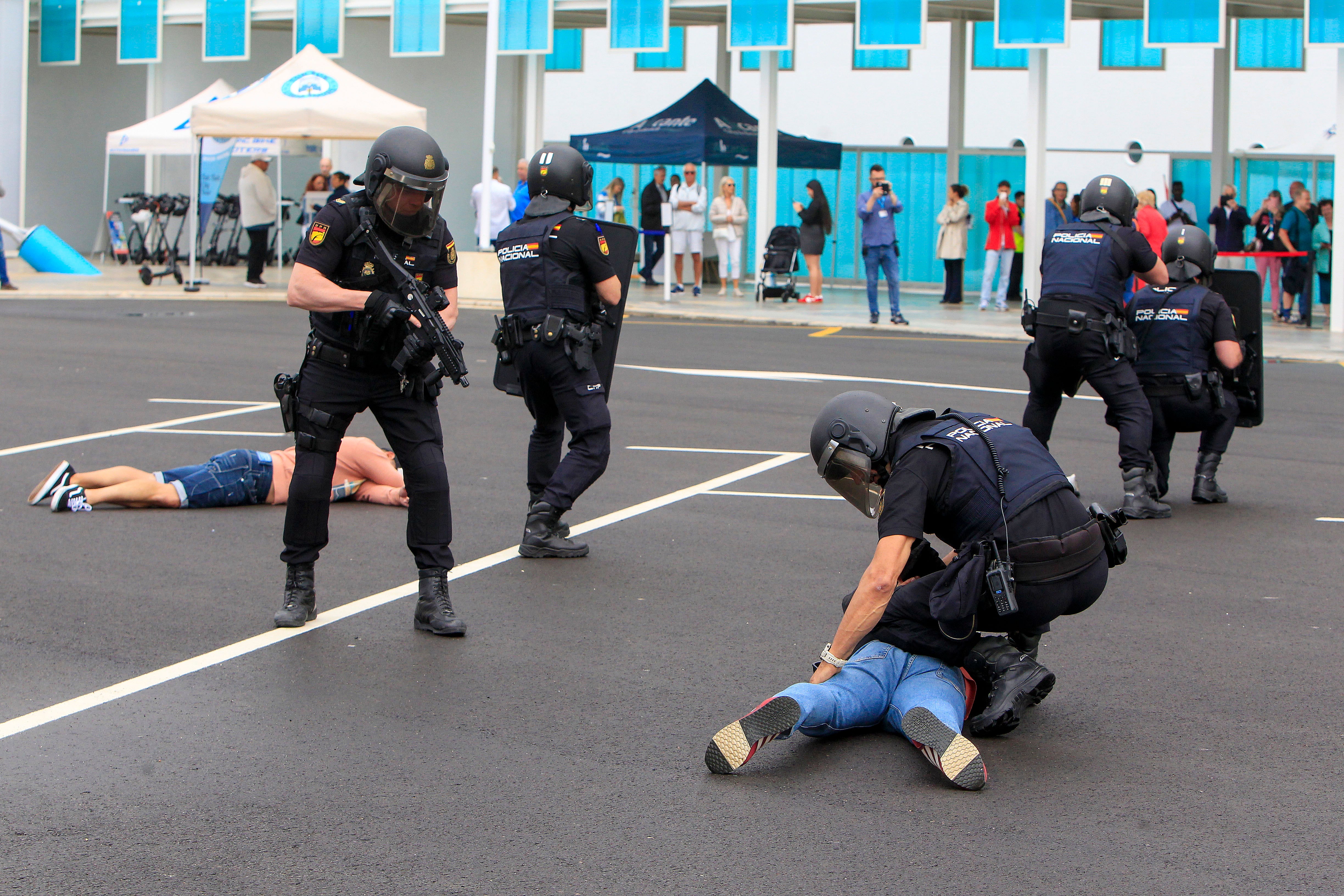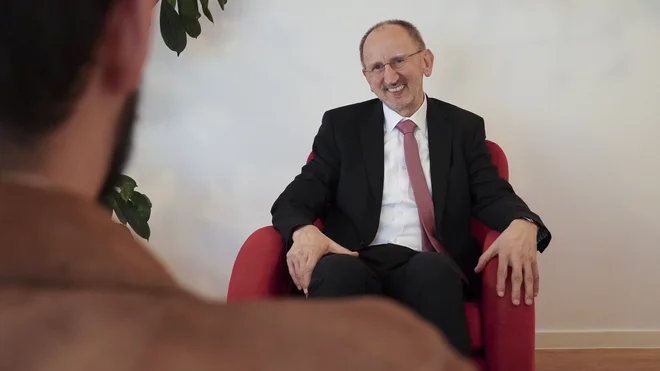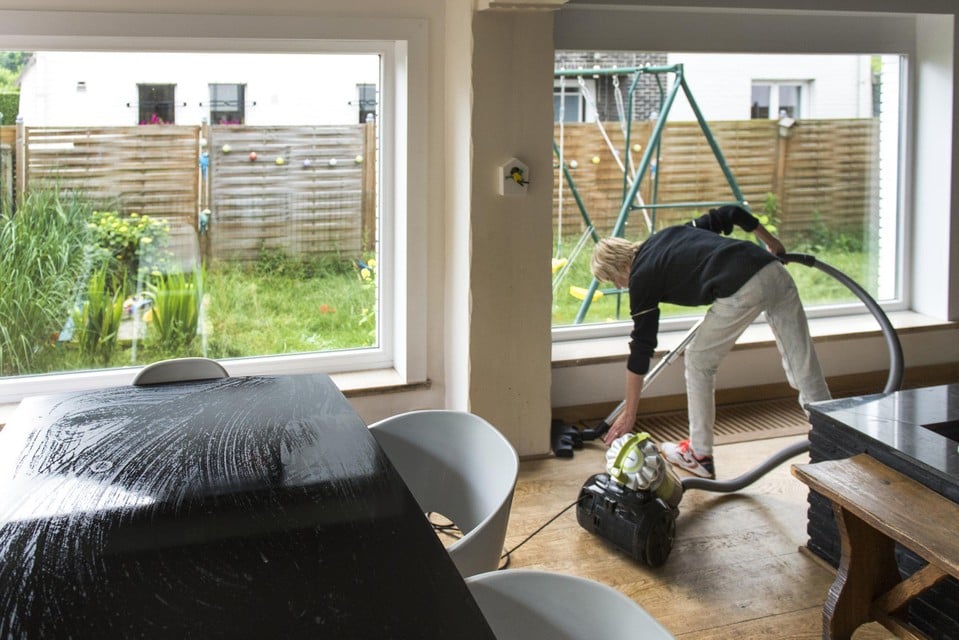The Constitutional estimates that the request of the Senate to suspend the sentence on amnesty is « extemporaneous and inadmissible » | Spain
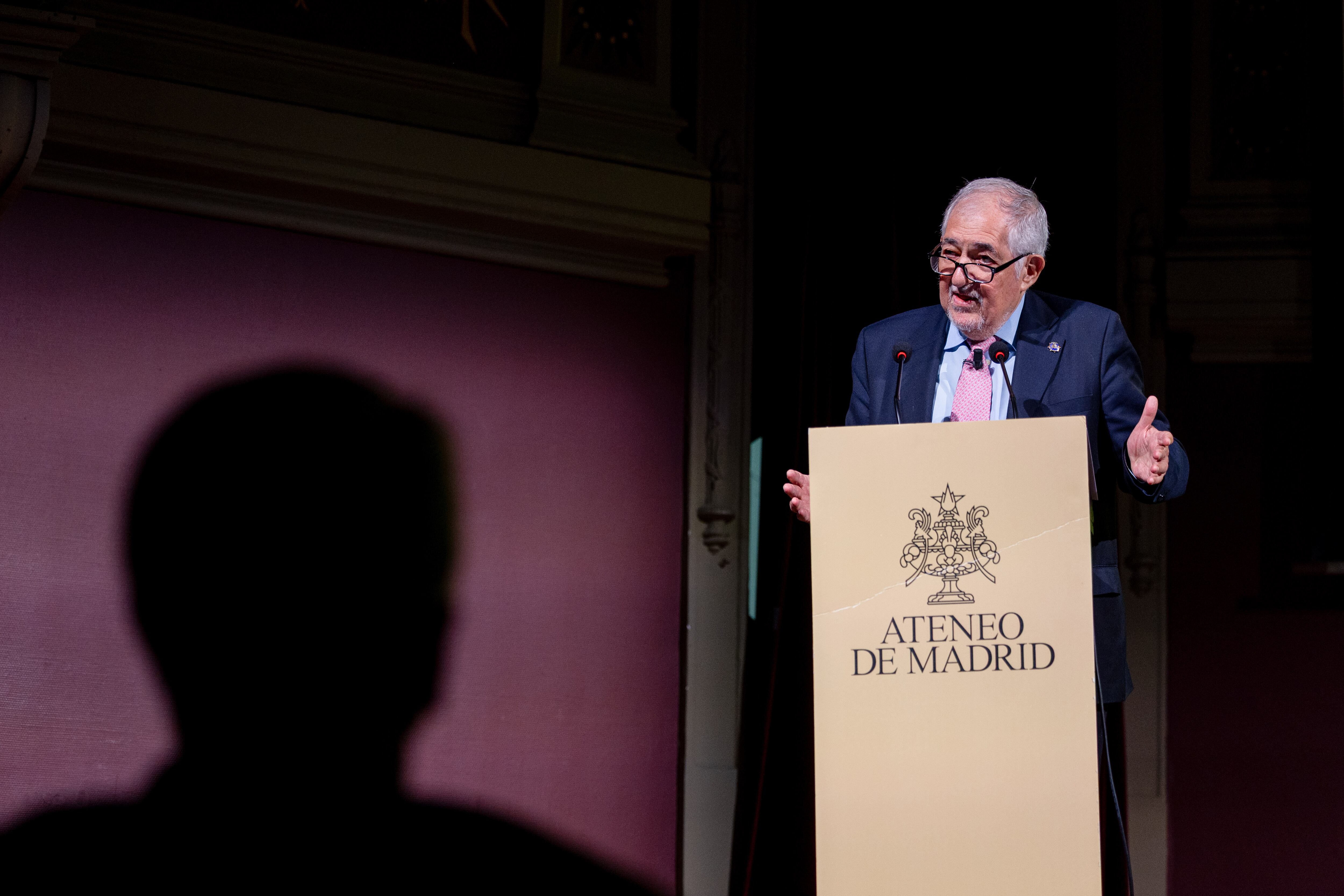
The Constitutional Court considers “extemporaneous and inadmissible” the request of the Senate to make the court consult the European Justice on Amnesty’s law before issuing a sentence, as well as the request to suspend the processing of the failure when there is already a draft resolution and specific dates announced to discuss it. The requests of the Senate have reached the body of guarantees from the legal services of the upper house, after three magistrates conservative block of the court made similar approaches addressed to the president of the Constitutional, Cándido Conde-Pumpido.
This initiative was followed by another of the PP claiming, as part of the procedure, which would realize the issue raised by said members of the Court, while signing the thesis that a sentence should not be issued until the Court of Justice of the European Union (TJUE) has ruled on whether the amnesty law violates essential principles of European law. The PP also considered that Conde-Pumpid should be excluded from deliberation on said rule because his wife was a member of the General Council of the Judiciary (CGPJ) when its constitutionality was discussed in the government’s governing body.
These three proposals will be discussed at the time, when the deliberation on the appeal of unconstitutionality of the PP is initiated – which will be the first to be resolved – against said law. The first plenary that will see this challenge will take place on June 10, but what is announced is that it will be limited to a report by the Vice President of the Court and speaker of the draft sentence, Immaculate Montalbán. Therefore, the objections and requests of magistrates Enrique Arnaldo, Concepción Espejel and César Tolosa – firming of the aforementioned letter addressed to the president of the Constitutional – will possibly be seen in the second plenary session on the Amnesty Law, provided for next June 24.
In this second plenary session, three days will be devoted to discussing the sentence project. Constitutional sources estimate that June 26 could already be decided on the appeal, although they do not rule out that the ruling ends up voting in the following call, at the beginning of July, if the debate is extended and there is no time to exhaust it in the two plenary sessions planned for June.
In this context of imminence of the deliberation to issue a sentence, the Senate document states that the Constitutional should direct a consultation to the Court of Justice of the European Union (TJUE) raising seven doubts about the law that allows forgiveness to the leaders of the leaders of the Proces. Among them, on whether such a standard respects basic principles of European law that also appears in the Constitution, such as legal certainty and interdiction of arbitrariness, for example. In this regard, the aforementioned sources of the Guarantees Body qualify this request as “extemporaneous and inadmissible” based on the fact that the upper house had months ago a temporary term to make its allegations, what it exhausted, and once concluded “it cannot formulate other different allegations, out of time, when the procedure is already concluded for sentence”.
The sources consulted add that the initiative is also inadmissible because the Senate is not a demanding part in this matter, and « it has no constitutional legitimation for it, because it is part of the courts that approved the contested law. » The same sources explain that the upper house is only transferred to make allegations on the issues raised in the demand. The Senate – he adds – cannot formulate autonomous requests, but only support or challenge the claims of the plaintiff, that « according to a consolidated doctrine of the court, they are definitely determined in the demand brief », when the fact is that « in its demand, the PP did not formulate any claim on this issue. »

